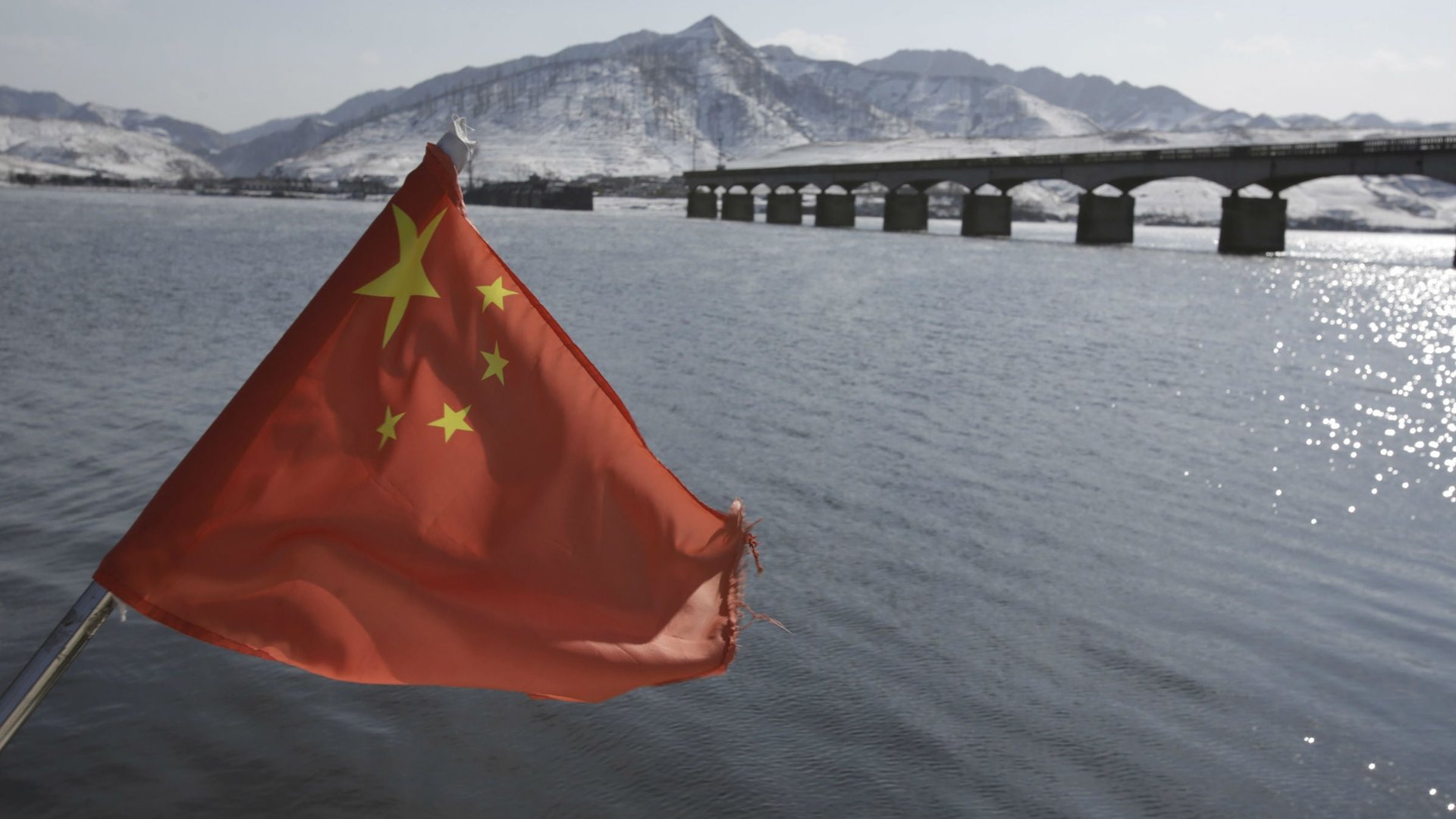After North Korea’s nuclear testing, China will impose sanctions—with a major loophole
China appears to be changing its tack on North Korea, announcing plans to impose UN-recommended sanctions aimed at stopping Pyongyang’s nuclear and ballistic missile programs.


China appears to be changing its tack on North Korea, announcing plans to impose UN-recommended sanctions aimed at stopping Pyongyang’s nuclear and ballistic missile programs.
North Korea conducted its fourth nuclear launch test in January, and followed up with long-range missile tests in February and March.
The sanctions China announced today are among those the United Nations ordered in March, though few predicted that China would go along with them. China says it is banning North Korean coal, gold, iron ore and other mineral imports and will stop exporting jet fuel to the country.
The loophole in this arrangement, however, is that trade of coal and minerals is permitted as long as the proceeds from such are for the “livelihood” of North Korean citizens and will not be put toward the government’s nuclear activities.
“It’s an explicit loophole,” Adam Cathcart, a University of Leeds specialist on China-North Korea ties, told Reuters ahead of China’s announcement. “Coal is a big lever for them.”
Since January, the United Nations has been discussing new sanctions and the US has been pleading with China, North Korea’s only ally, to ”end business as usual.”
In a piece headlined, “Why the one country that can curb North Korea won’t,” Quartz’s Bobby Ghosh wrote in January that “it is hard to imagine that Beijing will to much more than wag its finger in Pyongyang’s direction. It may go along with new UN sanctions, but don’t read too much into that.”
Trade with North Korea remains a necessity for Chinese president Xi Jinping, Ghosh says, not only for the sake of the sagging Chinese economy, but to prevent a humanitarian crisis in North Korea that would spill over its borders:
They fear that a withdrawal of Chinese support would send North Korea into an economic tailspin, leading swiftly to a full-blown humanitarian crisis. Many outside China agree, but whereas the West worries what, in the event of a collapse, would happen to North Korean nukes, China worries for the impact on North Korea’s 25 million people. The assumption is that millions would flee the inevitable chaos, slipping across the 1,400-km (880 mile) border with China. To understand the terrors such a prospect raise in China, just look at the European response to the Syrian refugee crisis—and multiply that by 10.